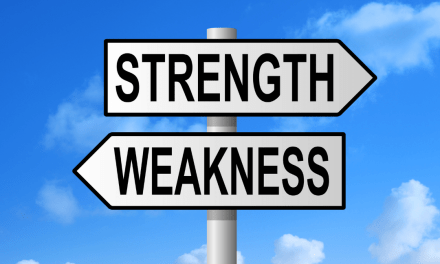The challenges of raising children today seem to become increasingly complex. Whether it is the growing demands of a core curriculum, the pressure to have children constantly engaged in activities or the confusing and changing landscape of technology, the world of parenting is filled with more and more difficult decisions.
The raw number of decisions we are faced with has increased geometrically. When we add the element of complexity to some of these decisions, the result is decision overload.
What Happens When We Have Too Many Decisions To Make?
When we are faced with making many choices and have multiple decisions to consider, we often simply avoid decisions and seek the simplest way out. With too much on our plates and a sense of tremendous overwhelm, the natural tendency is to find the simple answer.
What is the easiest way to find this simple answer? We look around to see what the herd is doing!
We all do this naturally, as it is partly hard-wired into our nature. It is normal to watch how our peers are handling their children, and follow their lead. In today’s world where we are continuously connected to others, it is hard to make any decision without having the awareness of what our neighbors and friends are doing. It is easier to observe and follow the herd’s behavior as opposed to turning inward to test our values and find our unique path. How does this play out in our lives?
- Just yesterday, I was speaking with a parent who went to a school function where about forty other parents had taken their children for a meeting. The group behavior of the children deteriorated rapidly, yet every parent followed the cue of the others…and did nothing. It seems as each was paralyzed as they all followed the herd.
- Last week, I spoke with a parent who had purchased an extremely violent video game for her son. She acknowledged that her son quickly became obsessed with the game and that there was no part of her value system that was supported by the game. She found that her son spoke more profanity and was more difficult after playing the game. She reported that she felt ‘pressured’ into getting the game because her son told her that all his friends played. She did not want him to be left out.
- Most of you reading this can relate to feeling overscheduled and overwhelmed. This is also true for most kids, yet somehow we stay on this fast track. The belief that governs much of this seems to stem from a false idea that we are being ‘bad parents’ if we do not have our children constantly scheduled and busy.
I recently interviewed a 12-year-old girl, who is involved in some extra-curricular activity seven days a week. She stated to me, “Sometimes I feel IT IS TOO MUCH. I am just a kid…my parents know more than I do. I wish at times that they would just tell me ‘it’s too much.’ I think…I need them to do that.”
So how do we pause, and get clarity before we follow the herd? My suggestion is simple: Trust your gut, and listen to your heart. What is important to you?
You can say no to where the herd is headed when the signal in your gut is clear. The herd is not always wrong, of course. But it is up to you to notice when the cliff is near. Keep your head up!














